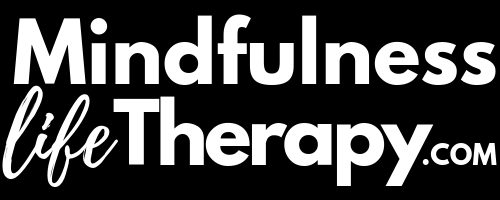Forgiveness
When we forgive, it doesn’t mean we are saying what they did was okay. It means you are taking back the power they had to continue hurting you by lingering on in your mind and heart.
When someone has deeply hurt or mistreated us it is common to form the belief that there is something wrong with us. We ruminate over whether there was anything we could have said or done differently to change what was done to us. We question our adequacy, focus on our flaws and doubt our worth. However, we are never responsible for the actions or misdeeds of others. We are only responsible for ourselves and our own healing.
Forgiveness work is not only about the person or persons that hurt you, it is also about your relationship with yourself. Many people who experience a betrayal of boundaries often blame themselves. This is where self -forgiveness is foundational for healing work.
The benefits of forgiveness are generally not only for the person being forgiven; often when we find ourselves unable to forgive someone, we can experience significant impact on one’s mental health and well-being from doing so. This can often contribute towards feelings of depression and anxiety. Studies have even shown that those who are unable to forgive and hold onto grudges maybe more likely to have a compromised immune system.
Forgiveness generally benefits more than the person being forgiven; those who are unable to forgive someone who wronged them may experience significant results from doing so. Studies show an inability or unwillingness to forgive can have a negative impact on one’s mental health and well-being,
Forgiveness therapy, and mindfulness self-compassion, helps one to uncover and let go of anger at someone, or people who have caused pain. This can also include letting go of anger towards the self. This can often be the path to healing in many situations, as anger is often at the core of one’s suffering and inner turmoil.
